Lisa Mosconi, an Italian-born neuroscientist and nutritionist, had no idea how important the taste of water was to her until she moved to New York City and took a long sip from the tap.
“This is supposed to be the best water in America,” she said, “but it tasted awful. It was disgusting.”
PIN to save and read later.
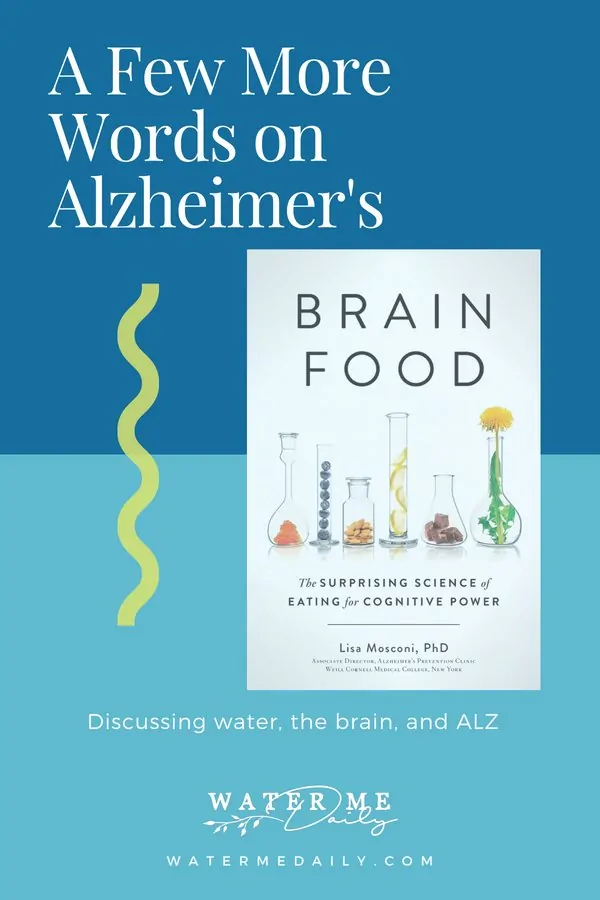
(This post contains affiliate links)
She set off to the grocery store in search of the sort of good-tasting water that flowed from her tap in Italy, and was soon confronted by a confusing array of choices: purified, distilled, natural spring, seltzer, soda. Most were in the refrigerated section.
“No Italian puts water in the fridge,” she said. “Water is actually more hydrating when it’s warm.”
It didn’t take long for Mosconi, the associate director of the Alzheimer’s Prevention Clinic at Weill Cornell Medical College in New York City, to conclude that Americans, with their affinities for coffees, Frappuccinos, sodas, juices and alcohol, are basically walking around in a state of dehydration, which can be devastating for the brain.

About 40% of Americans, she discovered, drink fewer than four glasses of water a day, including 7% who drink no water at all.
“This is incredibly dangerous,” she told me during a phone interview on Thursday.
“The rationale is ‘I drink milk, juice, that’s water right?’ No, it’s not.”
In the brain, which is 80% water, even very mild dehydration — a 3% to 4% decrease in water — can cause neurological issues, Mosconi said. “Fatigue, brain fog, headaches, mood swings.” More worrisome, it may contribute to serious brain problems.
“There are no studies that look specifically at water intake and Alzheimer’s,” she said. “But some look at the brains of people who are not drinking, and they show many parts of the brain get thinner and lose volume over time in people who are dehydrated. If you don’t drink water, it looks like your brain is aging faster.”
Last week, I heard Mosconi speak at an event organized by former California First Lady Maria Shriver, who founded the Women’s Alzheimer’s Movement, which is focused on discovering why two-thirds of Alzheimer’s patients are women.
Mosconi has just published her first book, “Brain Food: The Surprising Science of Eating for Cognitive Power,” a guide to the latest research on the links between nutrition and brain health. (This book will make caviar lovers very happy; Twinkie lovers, not so much.)
Mosconi, who has received a five-year grant from the NIH to study Alzheimer’s and women’s brains, mentioned onstage that she recommended people drink tap water, which I repeated probably a little too glibly, as I soon received a number of emails from people wondering why.
“Everybody is asking me about water too!” Mosconi emailed when I reached out to her for elaboration.
As it turns out, compared with, say, distilled water or purified water, tap water generally contains minerals the brain needs to keep itself hydrated. As long as water districts filter out harmful substances like asbestos, lead and benzene, tap water is better for your brain than water stripped of all substances.
“Purified and distilled waters are just fluids,” Mosconi said. “There is nothing hydrating there.”
For herself and her family, Mosconi buys bottled spring water or mineral water. Often, people complain about the expense. But the cases of Poland Spring water that she buys cost about the same as a case of Coca-Cola, and surely there is no question which is better for your brain. (Or your body.)
Also, she said, she drinks aloe water every morning because it makes her feel more alert than coffee does.
What makes aloe so beneficial? “Plant experts say it’s nature’s most potent hydrator,” Mosconi said. “The aloe leaf is 99% water with more than 200 active compounds.”
Now, a few words about food, including Twinkies and caviar.
Sadly, so many of the foods we think of as nutritious are not. Take most string cheese, a processed food. Or processed yogurt.
“Any yogurt with sweeteners and ‘natural flavorings’ and low-fat milk,” Mosconi said. “Those are crappy foods. If you get a nice plain, full-fat yogurt — that’s good for you.”
As we chatted, she looked up the ingredients listed on a container of 80-calorie “lite” strawberry yogurt: “Fructose, modified food starch, natural and artificial flavors, black carrot juice concentrate for color. Malic acid, sucralose, potassium sorbate, sodium citrate. This is a very highly processed food,” she said, “although McDonald’s is much worse.”
Lately, as we’ve transitioned from anti-fat hysteria into a more measured approach, people may not realize, said Mosconi, that the only kind of fat the adult brain wants (and can use) comes from fish, nuts and seeds.
“If you’re eating butter thinking that fat is going to replenish your brain, that is not correct,” she said.
This is where caviar — or really, any kind of fish eggs — come in.
“Fish eggs are the best treat for our big, hungry brains,” writes Mosconi in “Brain Food.” They are full of beneficial fats, and you don’t have to break the bank to get them.
“Salmon roe is just as good as the black caviar,” Mosconi said. Four ounces costs roughly the same as a box of Dunkin’ Donuts, she said.
I suggested that getting people to trade their maple logs for fish eggs might be a struggle, given that doughnuts taste so much better. “No, they do not!” she exclaimed, putting voice to what is probably an unbridgeable cultural divide.
At this point, I had to ask about Twinkies.

Mosconi had never heard of them.
“Oh my God,” she exclaimed as she skimmed over the ingredient list she had Googled. “Bleached wheat flour, B vitamins, sugar, corn syrup, high fructose corn syrup, partially hydrogenated vegetable and/or animal shortening, dextrose, modified corn starch, whey, glucose, soy bean oil, etc. etc. I would say 95% of the ingredients are toxic. This is horrible!”
Maybe so, but Americans love them some Twinkies. In 2012, production of the “golden sponge cake with creamy filling” ceased after Hostess filed for bankruptcy. After a public outcry, the company began making them again in 2013. Sales are stronger than ever.
I didn’t have the heart to tell her about Sno Balls and Ho Hos.
Twitter: @AbcarianLAT
Thank you to Robin Abcarian for giving me the permission to republish her article from the Los Angeles Times.
Water often for health and happiness. xx


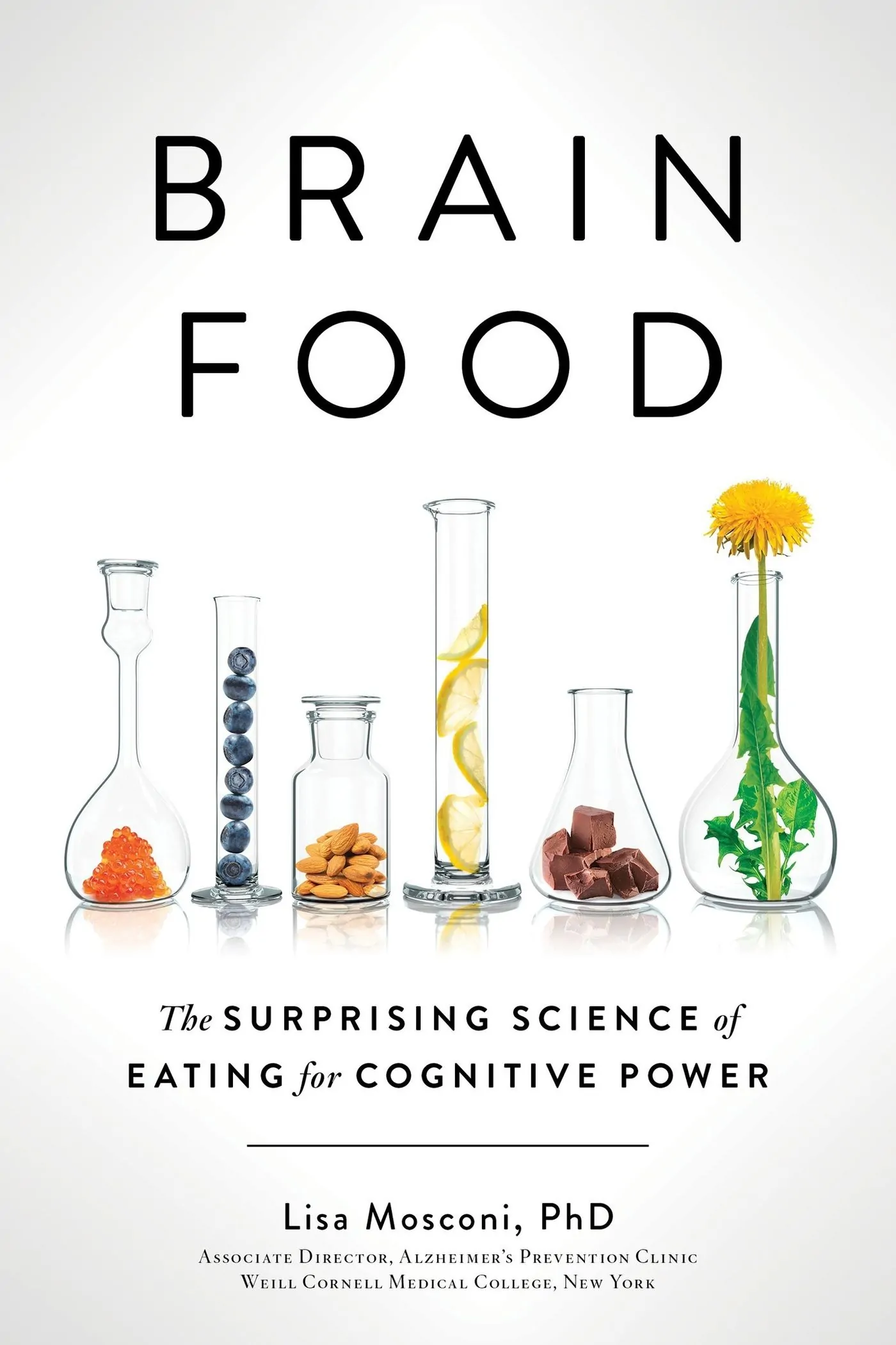



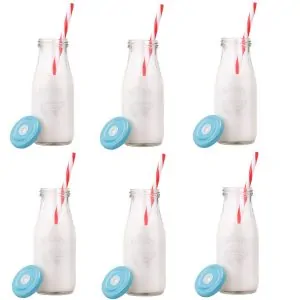
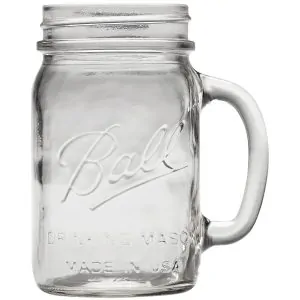
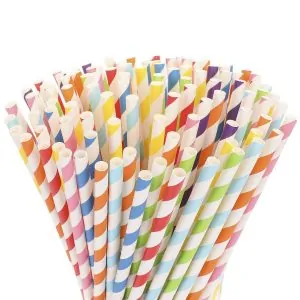

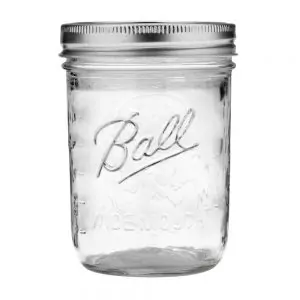
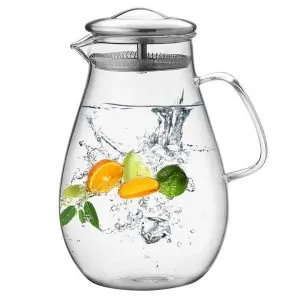
2 Comments